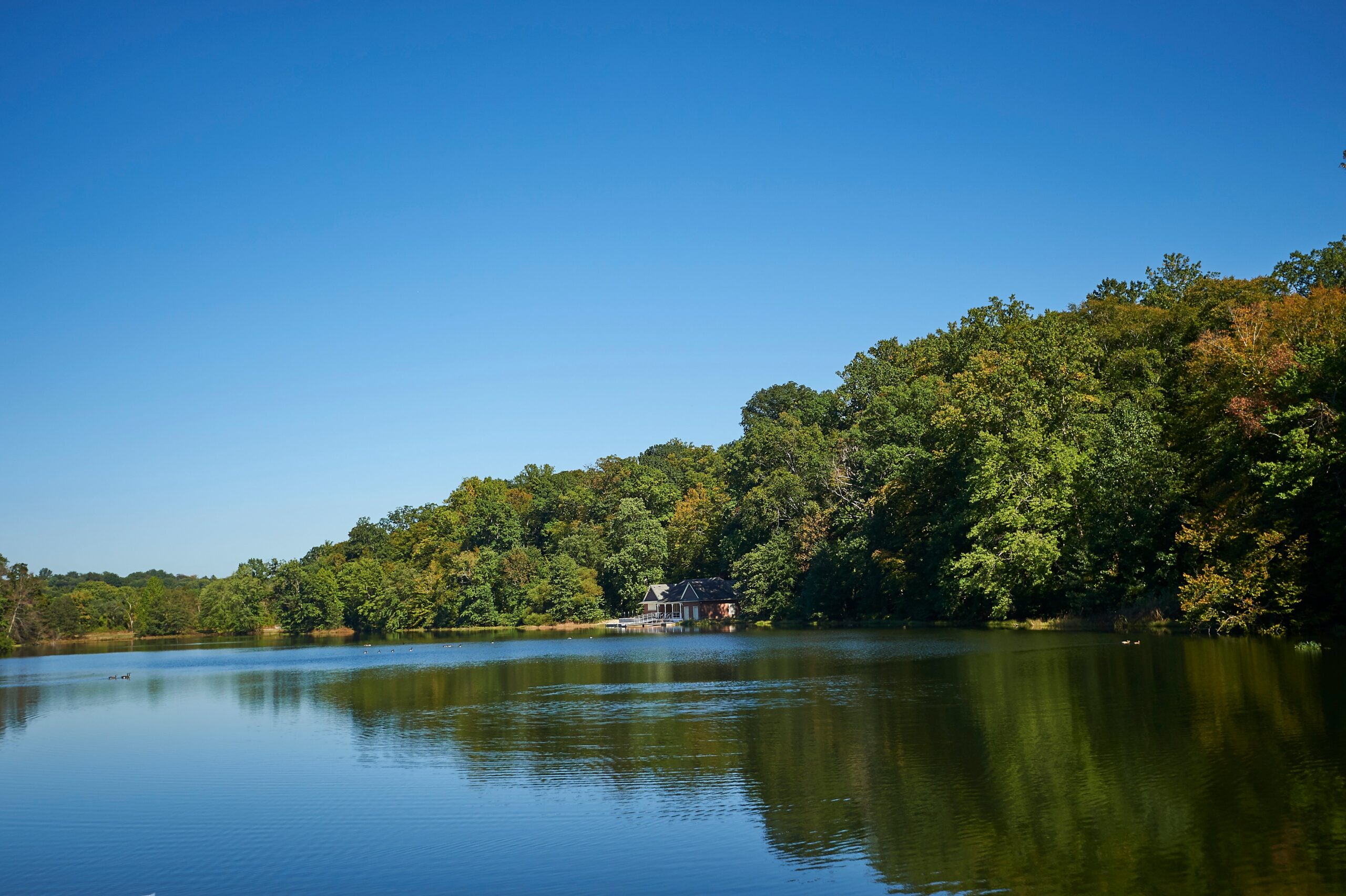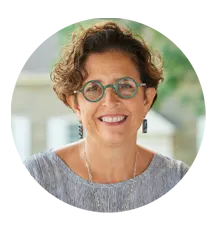The Power of Perception
 We humans are meaning-making machines and it is ultimately our perception (or what our mind chooses to see) that informs the story we tell ourselves and others about what is happening and what it means. As a graduate student of psychology, perception was an area of study that I did not fully appreciate and simply experienced as a topic to review and file away. Thirty years later, I believe that perception is everything and that it is one of the most powerful tools that human beings possess. Perception determines and drives our approach, attitude, and actions in any given situation. The current global pandemic we are facing —and our varying responses to it— is a testament to the power of perception and how it impacts our experience, our behaviors, and the choices we make moment to moment. Even though our perceptions are informed and shaped by our personal life experiences, we humans have the capacity and the freedom to choose what we see, what we hear, and how we feel. These become the threads that weave the story that we tell.
We humans are meaning-making machines and it is ultimately our perception (or what our mind chooses to see) that informs the story we tell ourselves and others about what is happening and what it means. As a graduate student of psychology, perception was an area of study that I did not fully appreciate and simply experienced as a topic to review and file away. Thirty years later, I believe that perception is everything and that it is one of the most powerful tools that human beings possess. Perception determines and drives our approach, attitude, and actions in any given situation. The current global pandemic we are facing —and our varying responses to it— is a testament to the power of perception and how it impacts our experience, our behaviors, and the choices we make moment to moment. Even though our perceptions are informed and shaped by our personal life experiences, we humans have the capacity and the freedom to choose what we see, what we hear, and how we feel. These become the threads that weave the story that we tell.
To this point, I consider myself a creative dreamer and eternal optimist who, you will note below, dabbles in denial. On March 11, my family and I were packing for a spring break vacation headed to Belize, weighing the risks of travel given what we knew about COVID-19 at the time. My glass-half-full perspective coupled with my physician-husband’s safety measures, gave me a false sense of “We’ve got this.” Our family took off the following evening using adequate caution with social distancing measures and the periodic Purell hand-wash/don’t-touch-your-face approach. In the following days, we stayed connected to the world news which presented a stark contrast to the heavenly Belizean paradise that we were trying to enjoy despite the deteriorating picture being described on the television. I soon began to notice that my creative, possibility-making right brain was evaporating along with my optimism. Within days as international flights began to shut down, my husband Terry and I knew that we had to either book the next plane out of Belize or drive to the Mexican border to gain entry into the United States to drive back home. When we arrived at the airport, I immediately noticed that the world had changed dramatically from a few days earlier. Vacant airports with no lines, people’s faces covered with medical or hand-made masks, airport attendants in surgical suits, and little eye contact or communication between people.
Once home, I took off for Wegman’s the next morning to fill our empty fridge and it was unlike anything I had ever experienced before in my lifetime. The shelves were empty and people were scrambling for the boxes and scraps that had been left behind by others. People roamed the aisles looking scared and lost. The story I began to weave in my mind was apocalyptic and this made me feel scared, despairing, angry, and powerless. I was immobilized and unable to do much beyond sit in a chair in dismay, shocked and scared to move that day as I tried to assimilate and adapt to this fluid situation that was devastatingly changing by the minute. I felt so uncomfortable in my semi-emotionally paralyzed condition. I simply did not feel like myself.
In a quiet moment of reflection—which is no easy task in a family-filled house—the well-known Native American legend about the two wolves that live within each one of us and who are always in a battle came to mind. In this legend, one wolf is filled with darkness and despair and the other is filled with light and hope. The question is Which one ultimately wins? The well-known answer is The one that you feed. Perception is unique to each individual as it is informed by our personal history. I am a Cuban political refugee who grew up in a home where tough times abounded but were consistently met with courage, humor and laughter, music, play, creativity, and connection. As I reflected upon this and grounded myself in these life experiences during the following days, I could begin to feel myself coming back online. I was on to something. I had to take charge (control) of what I was going to focus on during this global crisis. In doing so, I made a commitment to ask myself, in any given moment, these three questions:
- Where do I choose to place my awareness?
- Who do I choose to be?
- What impact will this choice have on how I show up for myself and others?
This approach does not mean that I do not notice the fear in people’s eyes or the painful feelings of isolation and panic in people’s narratives, the often-empty shelves at our local grocery store, or even that serious illness and death knocking on the door of unknown and known friends around the world. What it means is that I make a conscious decision every day to take care of myself and my loved ones as instructed by our heroic medical experts and front-line health care workers. I choose to listen to the birds singing outside my window in the morning when I wake. I intentionally take notice of the clear blue sky that at times that has looked brighter and clearer than usual. I sit and admire the magnolia tree outside my home window, as its pink flowers blossom before my eyes. I relish seeing my community friends practicing social distancing spread along the Westtown School lawn, listening to our Upper School Assistant Dean singing to us from his porch, not unlike our Italian friends from Assisi singing opera to one another from their balconies. I witnessed the generosity of our faculty and staff signing up in droves to make lunch for individuals in the West Chester area, that would otherwise not have a warm meal that day. I sit and marvel at every deep breath I take, right now, in this moment. I choose to see the beauty, the love, and the connection that presents itself in each and every moment. I choose to care for and enjoy my family and to laugh and cry with my sisters and friends. I choose to be kind and patient towards others and myself and to make sure that I reserve time for play. I reflect on what I am grateful for each and every day and pray for the healing of every individual touched by this virus. My story has indeed evolved and now includes elements of beauty, love, grace, light, and hope that I have allowed myself to notice and experience during this period. In these times of uncertainty, what will you choose to see, to hear, to notice? I invite you, friends, to ask yourself these three questions each day and to stay curious about how it informs the story you will tell someday about this unprecedented time in history. Namaste.
- Where do I choose to place my awareness?
- Who do I choose to be?
- What impact will this choice have on how I show up for myself and others?



